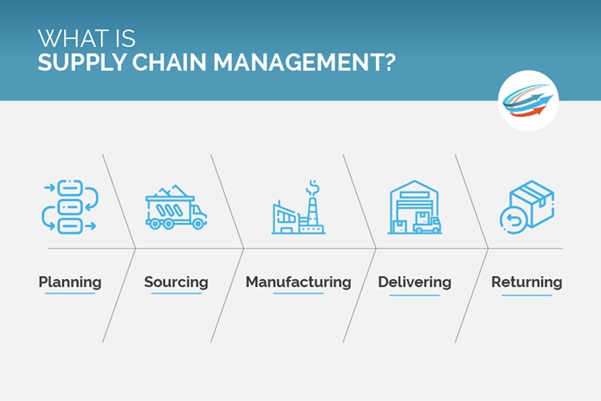Companies face many challenges when managing their supply chains. These challenges range from financial problems to ethical issues and difficulties with following regulations. Modern supply chains carry risks that can affect a company’s operations, reputation, and profits. As businesses build networks with partners and suppliers around the world, it becomes even more important to carefully check and manage these risks via supply chain analytics.
Understanding Due Diligence
Before working with new partners or suppliers, businesses need to carry out careful checks. This is known as due diligence. It involves reviewing a partner’s financial status, how well they can operate, their reputation, and whether they follow regulations. Due diligence is not the same for every business. It must be adjusted based on the specific needs and goals of each company.
The level of review depends on how risky a third party may be. In some situations, companies may need to use outside services to help identify high-risk suppliers or partners. The due diligence process usually has three main steps: collecting data, checking and confirming that data, and then reviewing the results. It’s important to understand that due diligence is not something done just once. It should be done regularly, especially when new information comes up or circumstances change.
Using Data and Analytics
Today, businesses have access to a large amount of data that can help them make smart decisions. Some companies, such as Spark-Interfax, focus on using advanced tools and special databases to provide useful information about potential partners and suppliers. These insights include things like financial health, industry trends, and whether a company follows the rules.
Spark-Interfax is known for offering services that help with business intelligence and risk management. Their services are designed for many different types of businesses across various fields and regions. By using their wide range of databases and skills in data analysis, Spark-Interfax helps clients make decisions with confidence.
Compliance-Based vs. Risk-Based Approaches
When choosing how to keep their systems and data safe, companies can take different paths. A compliance-based approach focuses on following industry rules to avoid risks. On the other hand, a risk-based approach starts by looking at business needs, the types of data involved, who has access, and any weaknesses. It then uses different kinds of risk assessments to decide what security steps are needed. This approach helps businesses protect against risks that could cause them to fall out of line with regulations.
Dealing with Compliance Challenges
Following regulations is a key part of managing a supply chain, especially in industries like finance, healthcare, and manufacturing that have strict rules. Businesses must stay updated on rule changes and make sure that their partners and suppliers also follow these rules to reduce compliance risks.
But it’s not just about legal compliance. Companies also need to think about ethical and environmental issues when choosing partners. Unethical behavior or environmental damage can hurt a company’s image and lead to serious legal or financial problems. For this reason, more businesses are now adding ethics and environmental concerns to their due diligence checks, aiming to create supply chains that are both responsible and long-lasting.
Responding to New Risks
Ongoing economic uncertainty has created fears of a recession, making financial stability a growing concern for supply chain leaders. They must keep a close eye on costs as they navigate a complex economic and political environment.
Another major issue is poor visibility. If companies cannot see what is happening across their supply chains, small problems can quickly grow into bigger ones. Gaining better visibility and forming stronger ties with second- and third-tier suppliers can help reduce this risk.
Fluctuating demand and product shortages have also become more common. Accurate forecasting is now essential to keep customers satisfied and avoid running out of stock.
Environmental, social, and governance (ESG) issues are also becoming more urgent. New regulations like the Corporate Sustainability Reporting Directive and the Supply Chain Due Diligence Act show that businesses must take action to address environmental and social challenges in their supply chains.
Cybersecurity is another growing concern. Recent cyberattacks on supply chain companies have made it clear that strong digital security is necessary to protect business systems and sensitive data.
Final Thoughts
Managing today’s supply chain risks requires a well-rounded strategy. This includes careful due diligence, using data to guide decisions, keeping up with compliance, and staying ahead of new threats. By working with experienced firms like Spark-Interfax and using modern technology, businesses can reduce risks, find good opportunities, and continue to grow and improve their supply chains.

